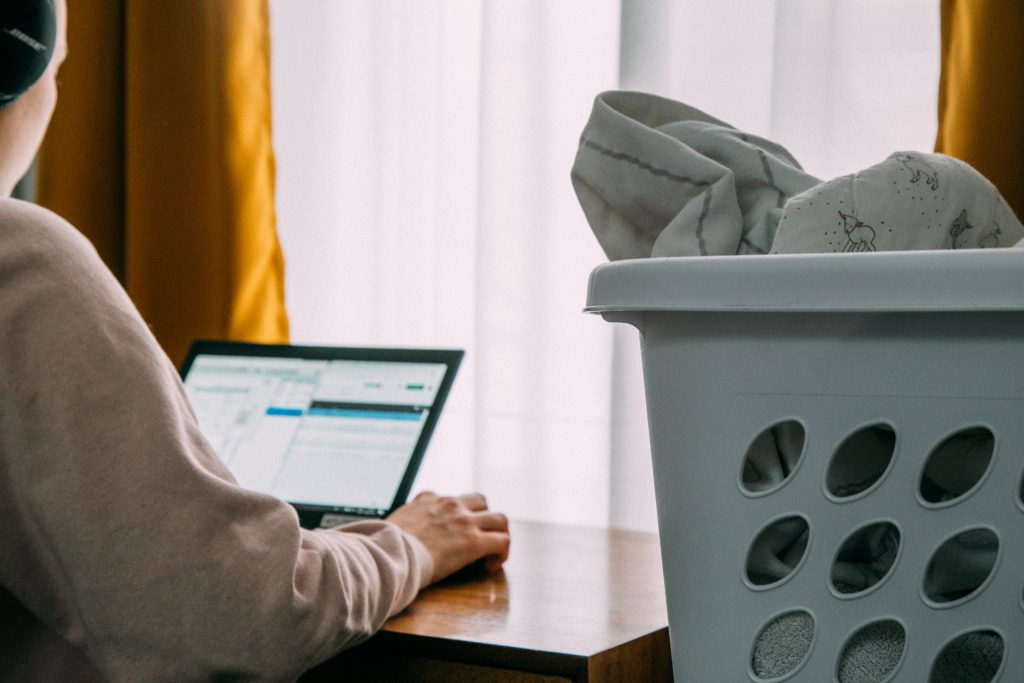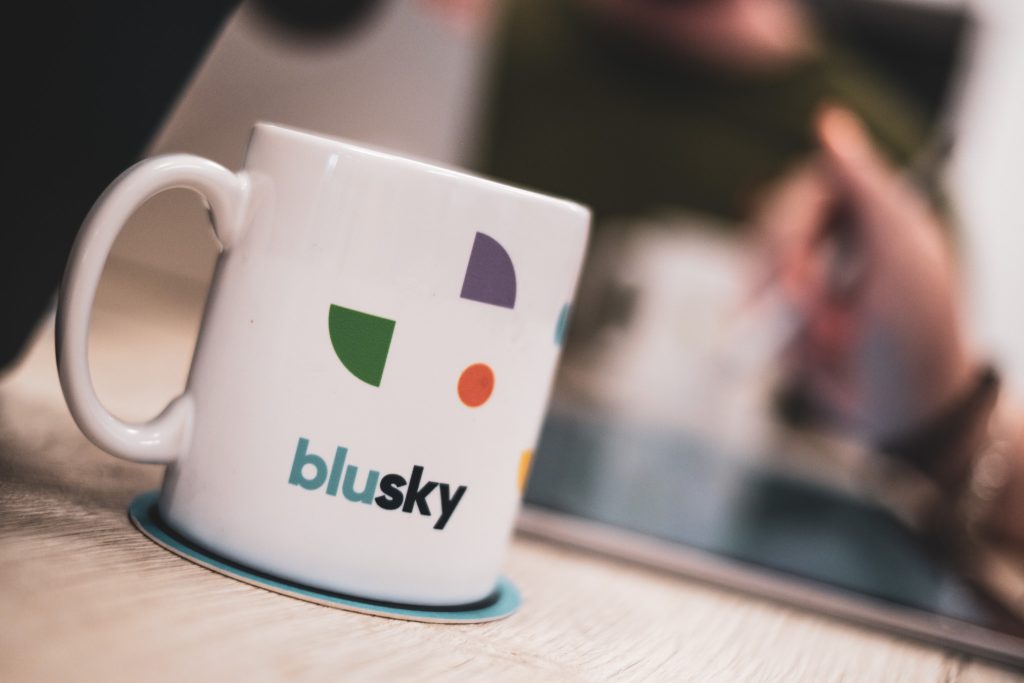As every business owner, and most employees, find themselves working from home more than ever before it is important that the tax implications of this new way of working are understood.
There are various sources of tax relief options that your employees may be able to claim if they’re working from home. Here’s everything you need to know!

A new way of working
Following the outbreak of the coronavirus pandemic, the new norm for many office based businesses has been to spread their team remotely and work from home. Here at Blu Sky we know all about this new way of working. Our team has continued to support you our clients with minimal disruption, in fact we like it so much it is unlikely many of us will ever go back to how it was before.
The good news is that currently there are special measures in place until the end of 2020/21 tax year to support employees who are working from home and need to purchase home office equipment as a result of the coronavirus outbreak, a temporary tax exemption and National Insurance disregard is in place to ensure that the expense will not attract tax and NICs liabilities where reimbursed by the employer. What does this mean in practice?
Working from home tax relief: the simple version
First up, the simplified version is to claim HMRC’s approved homeworking allowance which increased to £6 per week from 6 April 2020. Woohoo ?. Your employees can also claim this if they have to work from home (not if they choose to).
Note this is an amount you or your employee claims tax relief on, not a tax-free lump sum.
Additional expenses you may claim
The more complicated version is to claim tax relief on the additional expenses incurred in the day to day running of the house.
Then you are into treading carefully through the other expenses you can also claim a proportion of:-
- Light and heat.
- Telephone (exclude line rental on a non-dedicated phone, and apportion calls according to itemised bills).
- Broadband if you have upgraded the service specifically for business purposes.
- Insurance, if there is business equipment insured under that policy.
- Repairs to business equipment.
- Cleaning, depending on the nature of the work.
Plus potentially one-off costs, including:-
- Office furniture such as desks, filing cabinets, printers, workbenches, tools and computers.
- Stationery and normal office or workshop materials and supplies.
- Shelving erected for the office.
Top tip – Your company may contract directly with suppliers/providers for a business service for you use, for instance, broadband or a separate phone.
Expenses you cannot claim
- Rent, unless the employee is required to rent extra space for home working, in which case the extra rent may be claimed.
- Council tax, see comments for rent.
- Mortgage interest.
- Water rates, unless the water is metered and an employee is required to use water for their job.
- Repairs or re-decoration of a home office.
- Expenses not supported by vouchers
After this the common question is can I charge my company rent?
Unfortunately you cannot charge rent if you are already recharging the company, for a proportion of your bills and running costs listed above. However you may consider charging rent if you are not.
IF you do so, you need to jump through some hoops and produce a formalised licence agreement with your company in order to allow it to occupy part of your property. As you are now effectively running a commercial property letting business, you may claim a proportion of your relevant overheads and variable costs. However you must do this via the land and property section of your tax return and declare any rental profit to enable income tax to be paid.
Top tip – don’t bother, go with the recharge method, much simpler and easier to administer.
In summary
You need to be able to have the tools and environment to work from home safely and successfully.
However, tread carefully and make sure that any working from home tax relief you take advantage of is reasonable. Document the work done at home; and submit expense claim forms, together with receipts (if claiming more than HMRC’s approved weekly allowance), monthly or quarterly, via an app like Receipt Bank.
If you do allow the company to pay any of your domestic or personal expenses directly, this will need to be reported on your P11D and will incur Income Tax and your company a Class 1A NICs liability. It may contract directly with suppliers/providers for a business service for you use, for instance, broadband or a separate phone
For further details see the HMRC guidance at https://www.gov.uk/tax-relief-for-employees/working-at-home


